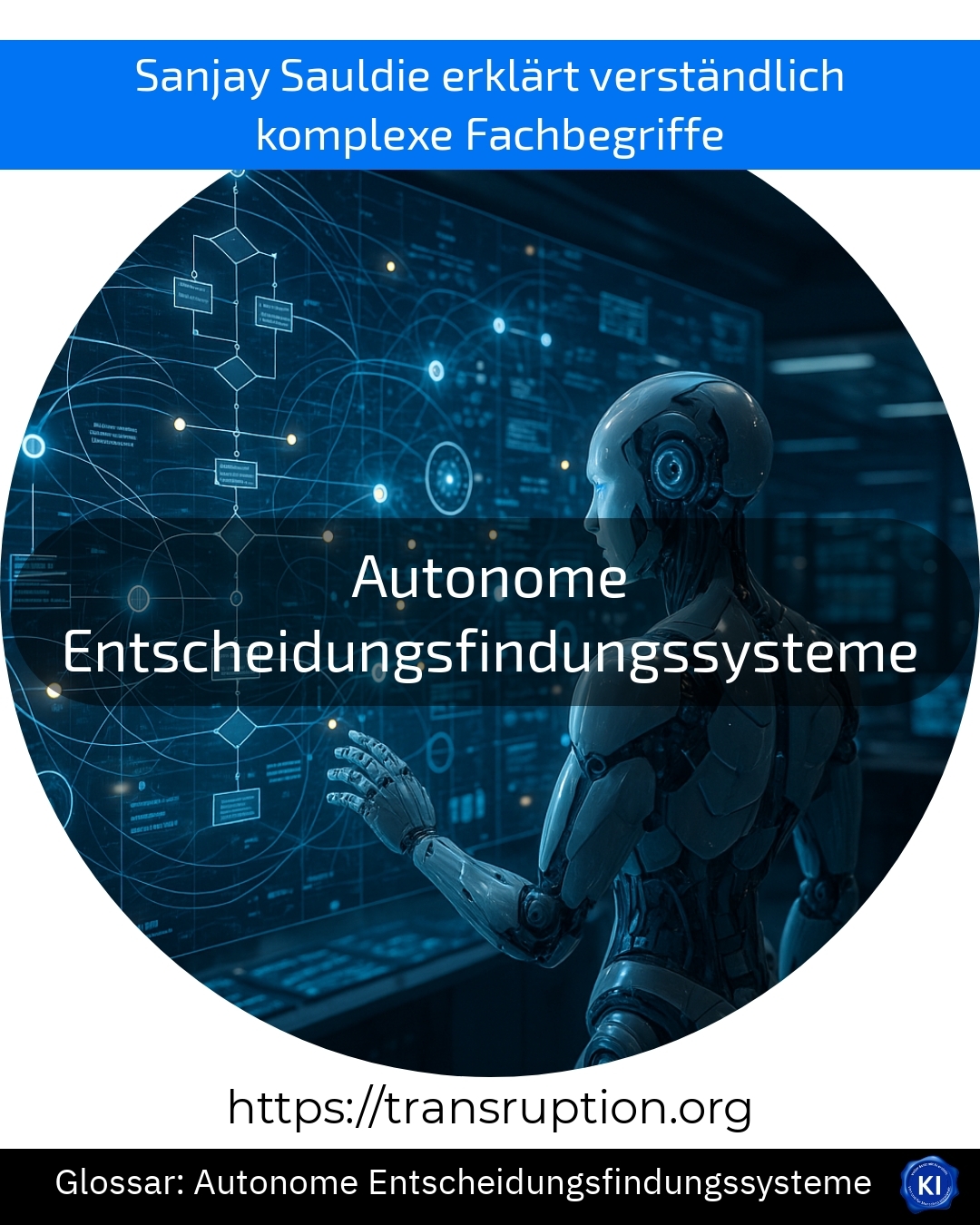Autonomous decision-making systems are particularly at home in the fields of artificial intelligence, automation and Industry 4.0. They describe digital systems that are able to make decisions independently - i.e. without direct human intervention. The basis for this are algorithms and large amounts of data with which these systems are trained.
The aim of autonomous decision-making systems is to make processes more efficient, faster and often more accurate. In factories, for example, intelligent robots can decide for themselves how best to assemble a product, or machines can use their own analyses to recognise when they need maintenance.
An illustrative example: In a modern car factory, such a system continuously checks the quality of the parts produced. If it detects that a part does not meet the requirements, the system can automatically decide to adjust the production process or even temporarily stop a machine. This saves time and money and prevents major errors before they occur.
Autonomous decision-making systems are therefore an important building block in the digital transformation and help companies to become more competitive and flexible.















